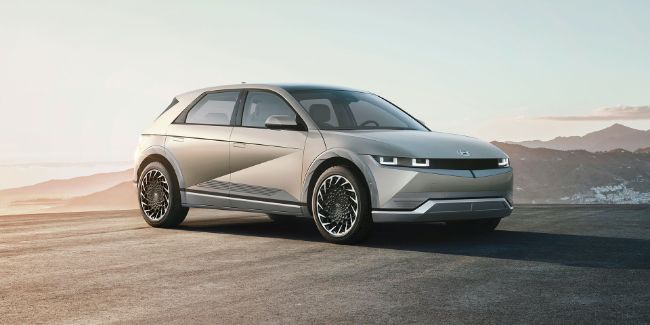Hyundai Motor Group will accelerate its electrification strategy this year, following the launch of electric vehicles for each brand under their group. After previously launching the Hyundai Ioniq 5, Kia EV6 and Genesis GV60 last year.
Hyundai said it would focus its business on electric vehicles rather than vehicles with internal combustion engines.
Hyundai has also raised its electric vehicle sales target from one million units in 2025 to 1.7 million units in 2026. To achieve this target, Hyundai has started a reorganization and investment by paying attention to the electrification target.
Hyundai Motor said it had changed the name of the powertrain division to the electrification division. To support its industry, Hyundai has just set up a battery development center. They also confirmed that their company will not eliminate the internal combustion engine development center, but place it under the electrification division.
The company also transfers the team under the engine development center to various organizations in the research and development center to continue the engine development work.
An official from the company stated that this reorganization was carried out to focus on the company’s electrification goals.
On the occasion, Hyundai also announced that its 2021 global sales would reach 3.89 million vehicles from the company’s target of four million vehicles.
Sales that did not reach the target by Hyundai are said to be due to a shortage of semiconductors. For 2022, Hyundai has set a sales target of 4.32 million vehicles.

